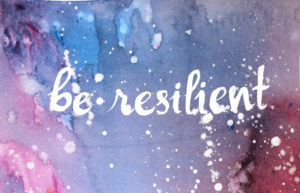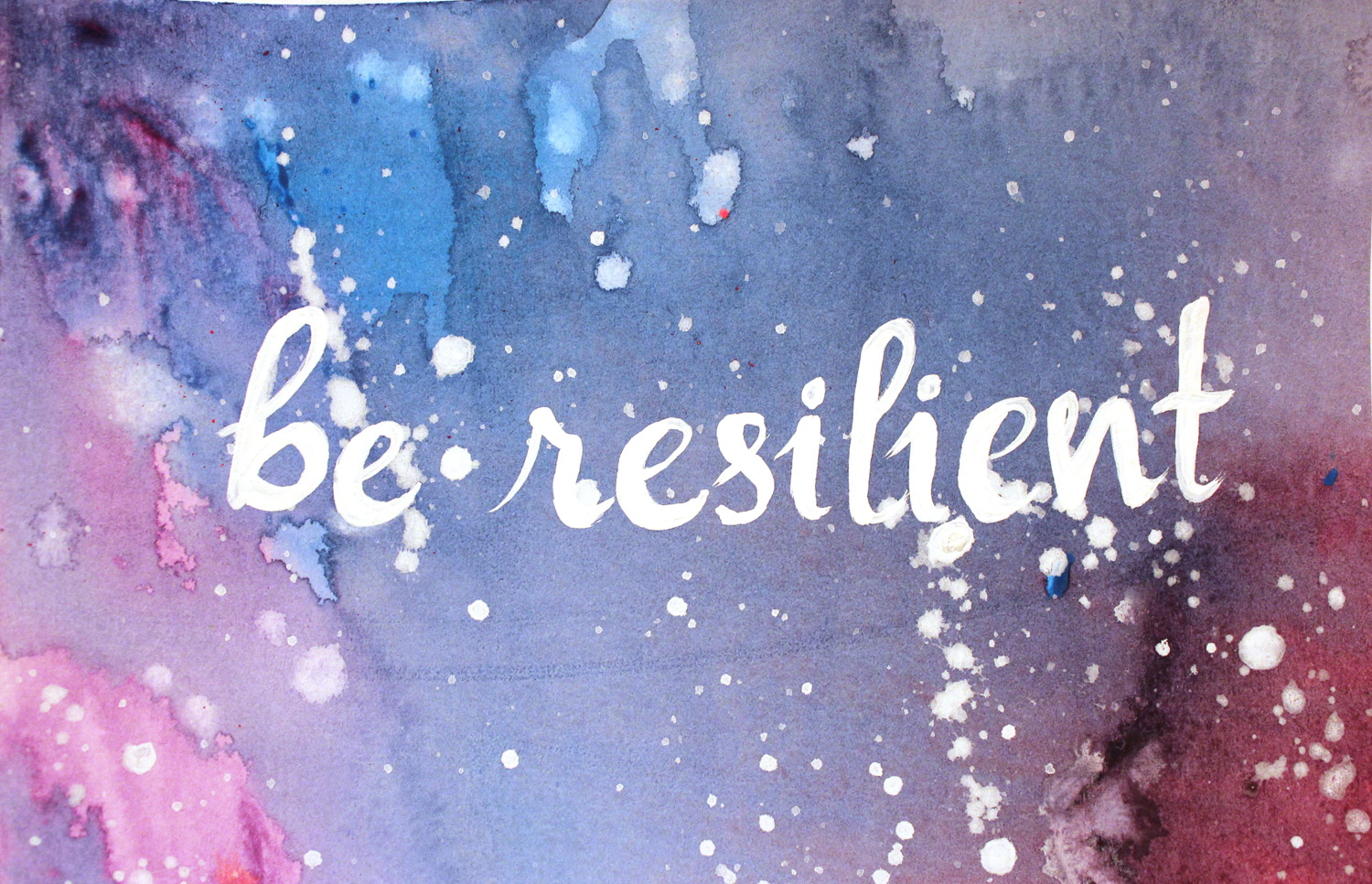We have heard about the positivity and perfection of resilient people all our lives, but most of it is just a myth. Are resilient people always upbeat and positive? Do resilient people know the trick to handling everything all alone? Do they never give up? The answer to all these questions is “NO”.
The truth is that resilient people are not super humans and they experience similar problems as non-resilient people do. The primary and the most significant difference between a non-resilient person and a resilient person is how resilient people recover and recollect from setbacks and failures in their lives.
To “go with the flow” and “roll with the punches” is what gives resilient people the strength to bounce back from hardships and take charge. There are times when life pushes you to the lowest point, and you feel like nothing can get better now. This is the time when most of us give-up on life and lose all hopes. However, resilient people understand the importance of faith in life and see positivity in all ups and downs.
What is Resilience?
Loss of job, the death of a loved one, traumatic events, terrorist attacks and other such life changing experiences, brings out a sense of uncertainty and flood of emotions in human beings. Certain people adapt with everything over time. What enables them to do so is “Resilience”.
Resilience is a continuous process, which requires time and effort to recover and stand firm. It is an adaptation process in the mid of any trauma, adversity, threat and tragedy. Sources of stress can be anything from family to relationships and from the workplace to health issues. “Bouncing back” from hard experiences is what we call resilience. This is how they do it:

Traits of Emotionally Resilient people
According to an ancient saying, when times are tough, resilient people behave like a bamboo in a hurricane, they chose to bend rather than break. Even if they feel broken for some time, deep inside their consciousness, they know they won’t be the same for a long time. Some of the common traits of resilient people are:
#1 They understand the difference and know the boundaries
Unlike non-resilient people, resilient people know the difference between temporary and permanent. They know the suffering is temporary and their inner self is permanent. They believe in themselves and understand who they are, at the core and what is the cause of their mental stress. They maintain the boundary and do not let the temporary stress or trauma to overtake their permanent personality.
#2 They practice self-awareness and acceptance
Staying consciously unaware of a situation can give you temporary relief, but it is not a wise idea for long-term inner peace. To get connected to your psychological needs you will have to be self-aware. Self-awareness can develop a sense of what is important and what is not. It also instigates the need of extra help at the right time.
People who always try to stay strong and pridefully stubborn, generally stay away from self-awareness and emotional flexibility. Which build massive emotional glaciers inside them and causes massive emotional fractures at the time of high stress or trauma. Accepting the fact that you are in fear or pain is better than being ignorant. Repressing, denying or ignoring a stress or pain will only make it worse. Resilient people accept the pain and lean into the experience of full-fledged emotions and believe in staying strong.
#3 They sit in silence and do not want all the answers
As human beings, we think that recovering from a stressful or traumatic situation requires material support. Many of us hung up to worldly distractions like overeating, TV, drugs, gossips and parties. Although we all react differently when we go through trauma or stress, most of us ramp up or shut down ourselves. Just in between shutting down and ramping up, lies mindfulness. Resilient people stay in the situation without any avoidance and judgement. They gain it through experience and practice.
Our psyche demands for continuous reasoning in stressful situations. This is when resilient people decide to sit in silence and do not look out for answers to difficult questions. In the face of traumatic situations, when we try to search for more and more answers, our brain blocks itself. Instead of trying too hard, resilient people believe that answers to the most difficult questions arise naturally with the correct time.
Road to Resilience
As we have understood, a resilient person is not somebody who never feels or experiences any emotional distress or difficulty. Sadness and emotional pain is a part of our lives. In fact, without handling a considerable amount of emotional distress, you cannot lead the road to resilience. Resilience is not a behaviour or trait that an individual either have or do not have.
Resilience is a combination of behavioural pattern, thoughts and proper actions that either come by experience or can be learned and developed. Consider the below-mentioned tips to lead the road of resilience and see where you can get your resilience.
#1 Take 100% responsibility for your life, including acceptance to your response and reactions. Reactions and responses to any situation are as important as the situation itself. Instead of playing the victim role take ownership of everything happening in your life.
#2 Stay inspired by personal development. Whenever possible, listen to positive messages and uplifting affirmations. This will allow you to stay encouraged. Look for thought, places and things that inspire you and keep you motivated.
#3 Everybody has an emotional baggage that we tend to carry on our shoulders for the rest of our lives. To be a resilient person, you will have to put the baggage down and move forward. Without leaving the past behind, you can never build a happy future.
#4 When you feel things are not going your way, let the sense of control go off. Believe in the thought of “go with the flow”. The more you try to control things, the more you feel hurt. If something is not going the way you want it to go, lessen your pressure with the “let go” attitude. You will feel calm and collected.
Understand the fact that change is inevitable, grow stronger through the challenges, learn from your mistakes and move on. If you want to be resilient, do not run away from problems, face them, adapt yourself and have a clear future vision. Remember, when you learn from your mistakes, you never repeat them. Therefore, stay in the good company and learn to say “No”. Learn to respect yourself, by setting healthy boundaries. As Steve Jobs said “it’s only by saying “NO” that you can concentrate on the things that are really important”.

Leave a Reply